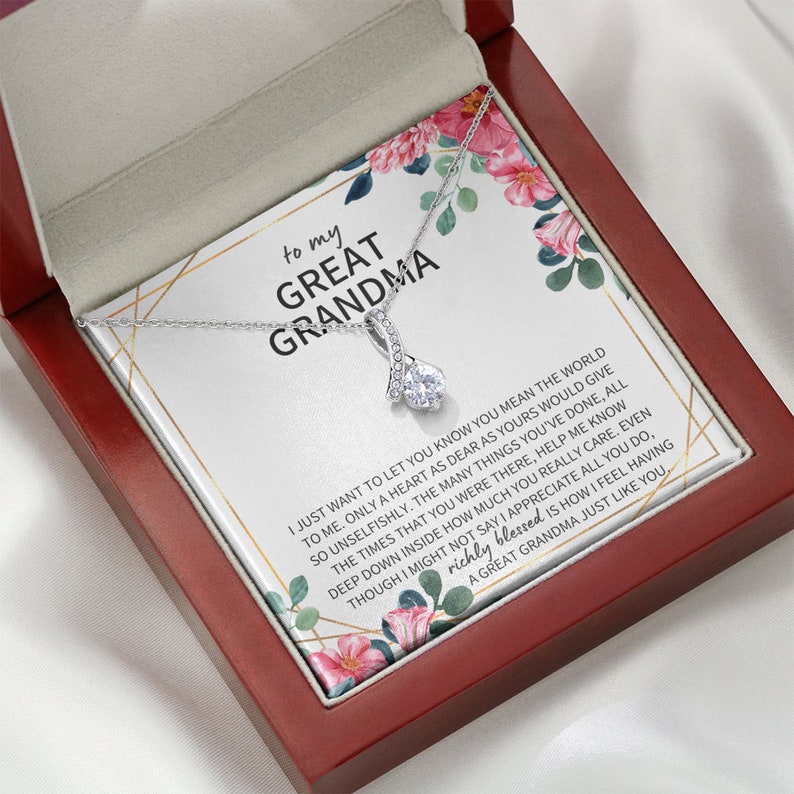

Eventually, forty-three percent of the mature female primates were grandmothers. Spanning 60,000 years, the researchers made the hypothetical subjects evolve to live into their sixties and seventies (decades past their fertile years).


The study, which was undertaken with mathematical biologist Peter Kim and anthropologist James Coxworth, used computer simulations to see the effect of menopause on hypothetical primates. Most of all, they need what grandparents can give them. Young people need something stable to hang on to - a culture connection, a sense of their own past, a hope for their own future. This includes those that are “the foundation for the evolution of other distinctly human traits, including pair bonding, bigger brains, learning new skills and our tendency for cooperation.” Kristen Hawkes, an anthropologist at the University of Utah, is the lead researcher who looked into this hypothesis in a study published in the Journal Proceedings of the Royal Society and says they found grandmothers have helped us develop an array of social capacities. Image: Clément Falize The Grandmother Hypothesis The ‘Grandmother Hypothesis’ argues that the role of grandmothers in society helps shape who we are. After all, wouldn’t it be better for the species if women were able to continue bearing children for the entirety of their lives? Men can procreate for as long as they can rise to the occasion. While not every family has this dynamic (there is no right or wrong), science is beginning to show that grandparents, and grandmothers in particular, have played a crucial role in human evolution and most importantly, how we connect with each other.Īnthropologists and evolutionary biologists have been questioning the reason for women to go through menopause, a stage in life that we do not share with other primates. With both my parents working full-time, my grandparents played an important role in my upbringing. Of course, all these things were vehicles for her unconditional love.

She shared her wisdom, her humour, and her humility with me. When I was older and came to terms with the fact that ‘The Daily Llama’ was never going to be a success, I cherished long chats with Nana after school as I plonked myself on the carpet next to her rocking chair. And excitedly showing her the latest issue of my weekly newspaper ‘The Daily Llama’ – she’s the biggest (and only) fan. Watching avidly as she tells me tales that her grandmother shared with her. Standing on a chair in the kitchen next to my Nana as she teaches me to make pikelets I wait till her back is turned before slyly dunking my finger in the mixture. When I look back on my fondest childhood memories, there are a few that always surface. When she smiles, the lines in her face become epic narratives that trace the stories of generations that no book can replace.


 0 kommentar(er)
0 kommentar(er)
